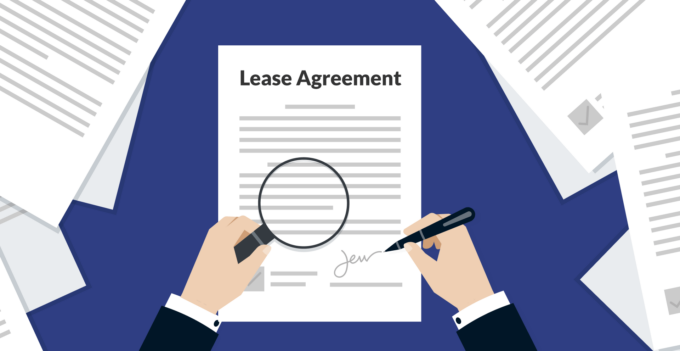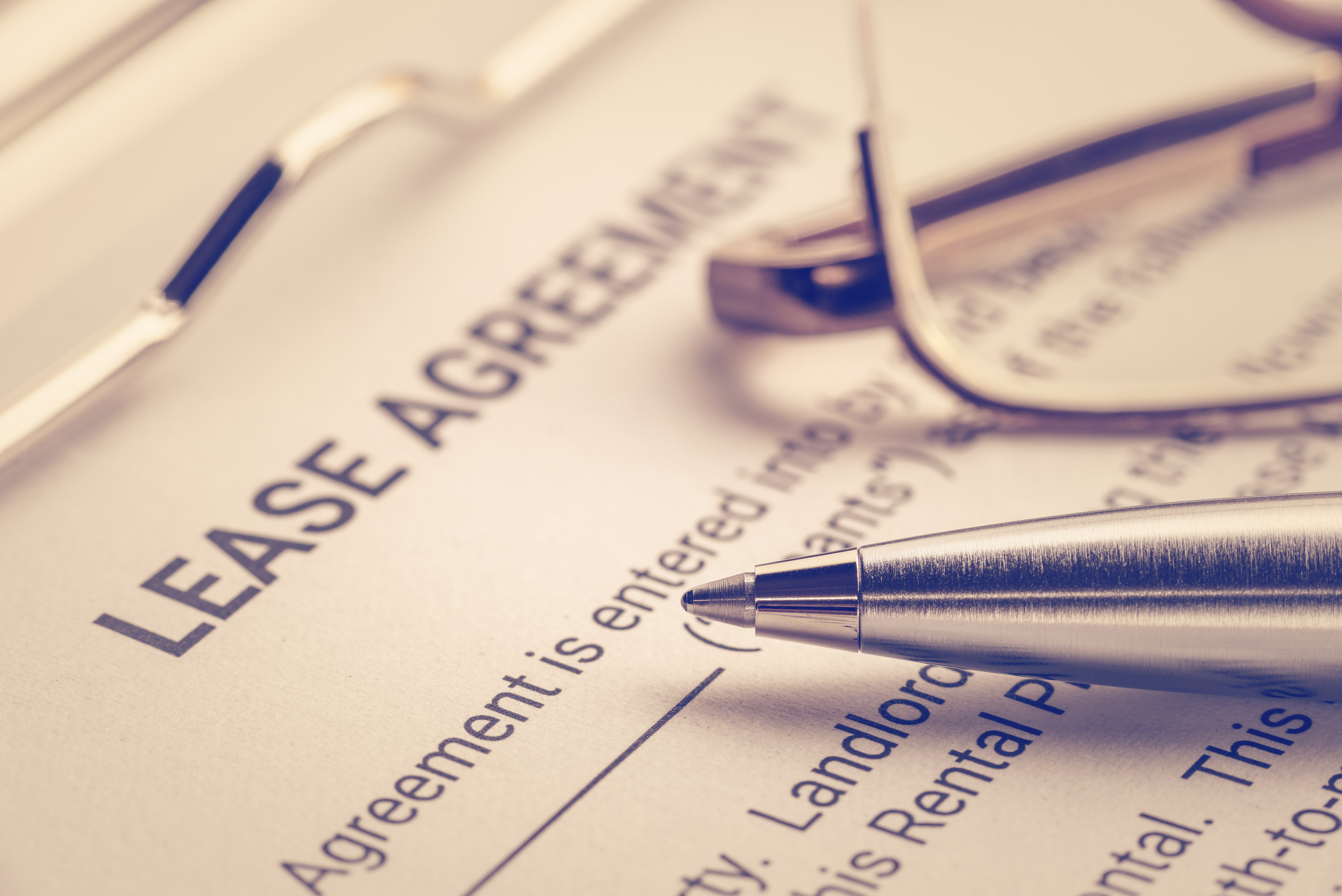Whether you’re a commercial property owner or a business owner who is leasing a commercial property in Australia, your rights are protected by the Property Law Act, with further protections in place under the Retail Shop Leases Act.
While there are measures in place protecting both parties rights, disputes regarding business leases are still quite common. One of the main reasons for this is that one or both parties to the lease do not fully understand their obligations and rights laid out in the business lease contract.
Today, we’re going to simplify some of the main obligations and responsibilities of each party in a business lease. But before we get right into it, let’s talk about what a business lease actually is.
What is a business lease?
A business lease, also known as a commercial lease, is essentially a contractual document that sets out the rights and obligations of the owner of the property, who may also be referred to as the landlord or lessor, and the rights of the person/s who is occupying their property, who may also be referred to as the tenant or lessee.
There are various types of commercial or business leases, and each of these apply to different circumstances – one of the most common of these is a retail shop lease. While these leases may have some differences, these are some commonalities between them, which we will talk about below.
The lease is meant to simplify the arrangement that has been made between the tenant and the property owner, and will usually stipulate details such as the term or length of the lease, how much the lessee needs to pay in rent and fees, and any unique information that pertains to that property.
So, if you’re a commercial property owner or tenant, what are your rights? Keep reading to find out.
The rights, responsibilities and obligations of a commercial lease tenant

A business lease agreement should outline any and all responsibilities of the tenant clearly to avoid confusion. The tenant is also responsible for ensuring they do the following things, which are all obligations under the Property Law Act:
- Rent must be paid – like any lease agreement, including residential lease agreements, rent does need to be paid, and the timing of which as well as the method of how to do so will be outlined in the agreement. While you do need to pay rent, there are situations and circumstances where you may not be required to. This might be due to major damage occurring at the property – usually due to no fault of the tenants, like during a natural disaster. In many instances a landlord will not collect rent or at least the full rent, until the property is restored back to its original condition.
- Look after the property – while there is certainly more flexibility with business agreements in terms of what you can and can’t do on a property, one thing that is common is that the premises must be well kept and looked after. You need to ensure any major issues are reported to the real estate or owner, and if they are due to your own actions, you will likely need to have them fixed at your expense.
- Insurance – as a tenant in a commercial property, you may be required to obtain insurance for the property. The type of insurance will be dependent on the type of business you have, however, it is almost always an obligation that an insurance policy is in place.
While many, if not all of the above will likely be stipulated in the business lease contract, it’s a good idea to understand all of your potential responsibilities before you sign a lease agreement.
The rights, responsibilities and obligations of a commercial property landlord
The owner or landlord of a commercial premises also has responsibilities that they must fulfill. Today, we’re going to focus on the obligations of the landlord in a retail shop business lease arrangement. These obligations may be outlined in the lease agreement as well as in the Retail Shop Leases Act.

- Payment requirements – it’s important that the landlord or property owner of a commercial space understands that they are only able to receive payment for the rent, maintenance and repairs outgoing costs, damages breaches, interest on arrears, indemnity for loss, and possibly legal expenses. A landlord should not ask for money for any purposes other than those listed above.
- Information disclosure – the landlord must provide a tenant a disclosure statement within 7 days of entering or renewing a lease. This statement outlines the essential lease information so that the key information of the lease is easy to understand. The information included in the statement may be fit out requirements, rent and outgoings costs, whether the lease can be extended, the actual term of the lease, and any relocation or demolition clauses.
- Sinking funds – a commercial property landlord will need to have an account known as the sinking fund, which has been created to pay for the costs of maintenance and repairs. If you are asking for maintenance fees each month, the sinking fund will most certainly be a requirement.
- Compensation – a commercial landlord may be required to pay compensation to their tenant if they impact their ability to conduct business on the property. There are only specific circumstances that this will be required, such as if the landlord has restricted customer access to the property, caused considerable disruption to their trading, or have failed to maintain the property.
What if you have a business lease dispute?
As there are many rules and requirements surrounding business leases, there is always a chance of a dispute arising, which is why a business lease arrangement will almost always state how a lease dispute is to be resolved. So, if you’re involved in a lease dispute, it is best to ensure you follow the steps laid out in the lease, but that doesn’t mean that you can’t discuss the matter or seek representation from contract dispute lawyers such as professionals from Gibbs Wright office who specialize in business lease disputes.
A commercial lease dispute lawyer can ensure that you understand your rights and responsibilities and help you resolve your disputes in a timely manner. Make sure you’re protected.









